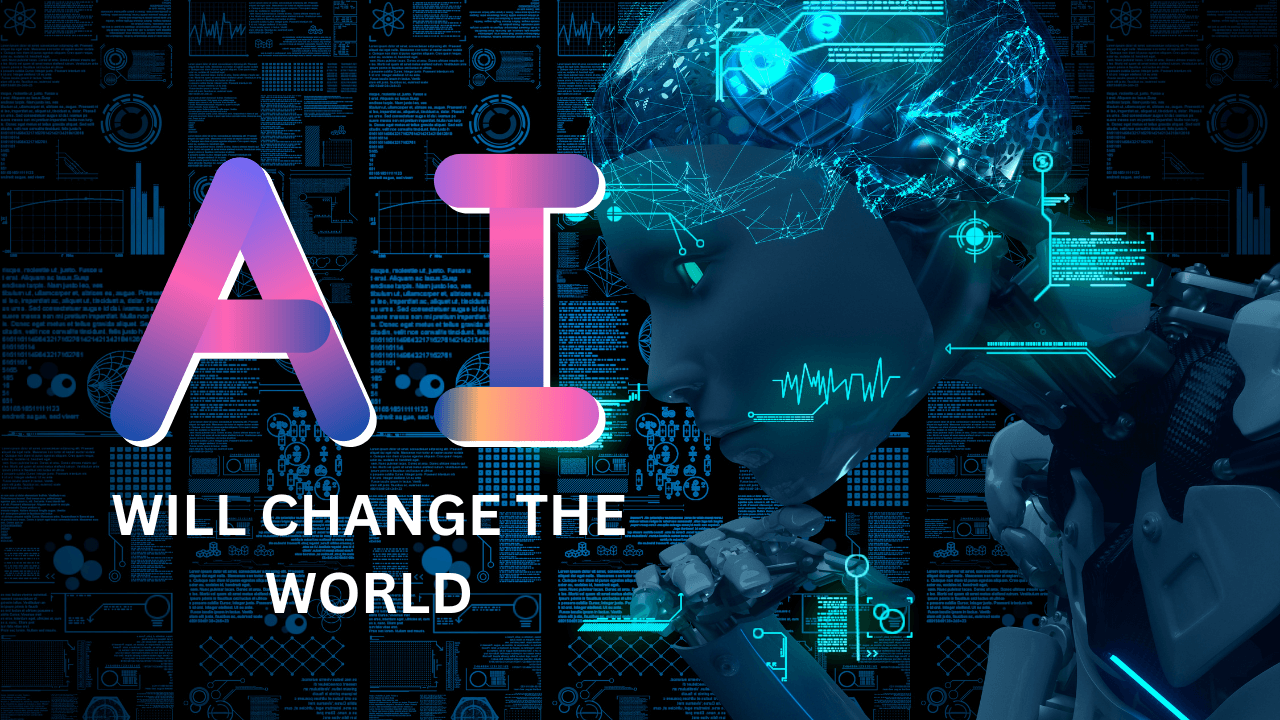The launch of OpenAI’s Sora video generator undoubtedly gave a jolt to studios about the impact of AI on their businesses. While the reaction to James Cameron’s touch-up of True Lies last month has shown that a sense of fear and moral panic persists within the debate, there are signs that this is abating – and adoption in the movie industry is accelerating.
When it comes to AI’s potential for the creative industries, such as movies, there is simply too much opportunity at stake. The sector cannot turn away from the incredible capabilities this technology offers and the value it will create for its members. For movie studios, rejecting AI would be like rejecting CGI.
The style of Sora’s introduction to the world indicated a rhetorical shift. It suggested that AI companies are starting to pivot away from spotlighting the power of the tools themselves, and towards showcasing their role as an aide to creators.
This is significant. By emphasising beneficial co-existence and a strong value proposition to creatives, AI companies are moving away from being cast as sci-fi villains to being the heroes of Hollywood’s next Golden Age.
The promotion of blended approaches is paramount. AI can and should be used to augment and complement the achievements of human talent, not replace it.
For example, AI can translate content for foreign audiences that would never have had it due to high dubbing costs. It can model and envision new worlds for us, and give confidence to creative inklings. Do you want to hear Kendall Roy rapping in Cantonese? What about Zendaya strolling around Arrakis with fiery red eyes? It’s all possible.
However, when mixing AI creations and human efforts, transparency and consent are key. We need to ensure that feats of human creativity and talent aren’t absorbed into models without giving due credit or compensation. With regard to data management, companies should adhere to not just the law but the highest ethical standards.
Thanks to the important concerns about IP raised by creatives during the SAG-AFTRA strikes, there has been greater scrutiny on contracts, particularly as concerns training data. Many agreed it is imperative to work with creatives to make sure their work is properly credited and properly reimbursed in line with their contribution.
But where does the onus lie?
Beyond big studios, I would argue that tech companies working in the creative industries have a responsibility to set best practice examples in AI governance. Sadly, for many companies whose tools have such a huge positive potential, there is also the potential for misuse. The risks to individuals of deepfakes and voice-cloning are serious and should be treated as such.
Practical steps can and should be taken by tech companies to mitigate them – it’s a question of responsibility.
At Papercup, we’ve formalised this responsibility by developing an ethical pledge to the voice actors we work with to produce our AI dubbing tracks. We never recreate a creative’s voice without express consent, never use it beyond the agreed scope, and never for immoral purposes like harassment or misinformation.
While the arrival of AI will shape the future of entertainment and media, its history is already littered with momentous and once-unwelcome changes – among them things like colour, sound, and the DVD. In the end, innovation that is responsible, empowering, and profitable will be not only accepted but actively embraced.
Jessica Peek is head of localisation Papercup.
The post AI will change the movies, but tech and creatives need to co-exist appeared first on UKTN.


